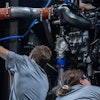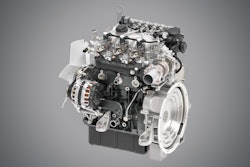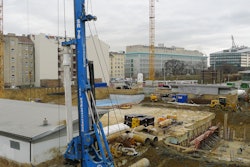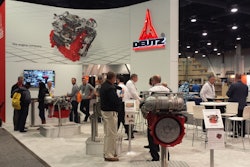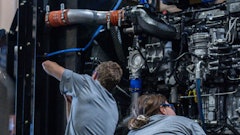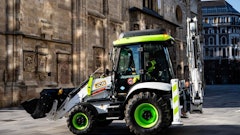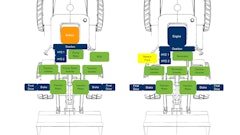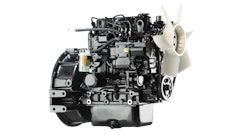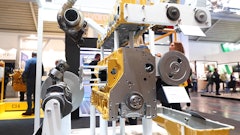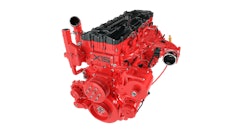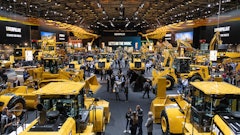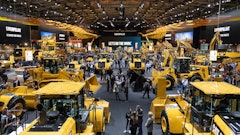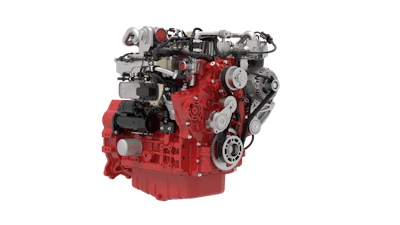
DEUTZ will be attending the 15th International Conference on Renewable Mobility, ‘Fuels of the Future 2018’, in Berlin on January 22 and 23 as one of the event’s silver sponsors. The Cologne-based engine manufacturer is thus underlining its commitment to the development of carbon-neutral drive systems. In combination with the electrification of its engine portfolio under the E-DEUTZ strategy, DEUTZ aims to become the market leader in the field of innovative drive systems.
The conference, involving experts and representatives from industry, research institutes and trade associations, will focus on how to ‘decarbonize’ road use and on the essential transition to alternative technologies and fuels. During the conference, DEUTZ will present the results from two of its research projects.
In one project, carried out jointly with the University of Rostock, DEUTZ examined how EU IV emissions standard industrial and agricultural engines performed when run on biodiesel. The investigation concentrated, for illustrative purposes, on a DEUTZ TCD 3.6 industrial engine and on how the use of biodiesel affected exhaust aftertreatment. The results were used to issue approval in November 2017 for the use of biodiesel in all the latest DEUTZ model series with EU IV emissions standard exhaust aftertreatment systems.
The second project concerns a fundamental investigation of the injection and combustion behaviour of vegetable oil fuels and transferring their use to an EU IV/V emissions standard engine system. Partners in this project are Regensburg University of Applied Sciences in the east of Bavaria and the Straubing Technology and Support Centre. The presentation will cover the latest results of the investigation into the behaviour of modern common rail injection systems when run on vegetable oil. The second subproject then aims to demonstrate transferring the use of these fuels to an EU Stage V level DEUTZ TCD 4.1 fitted with an exhaust aftertreatment system on the engine test bench at the Regensburg University of Applied Sciences. This project is ongoing.
Alongside biofuels, which are already offering considerable potential for reducing greenhouse gases compared with fossil-based fuels, the main discussion topics to which DEUTZ will be contributing at the conference include research into, and the production of, various fuels from renewable energy sources. In future, it should be possible to achieve carbon neutrality in diesel engines by using synthetic fuels. There are already ways of producing synthetic diesel fuel using green electricity and a special electrolysis method (power-to-liquid). Because of its chemical composition, synthetic diesel fuel produced by this method can be mixed and used with fossil-based diesel in any ratio. Assuming these so-called ‘e-fuels’ can be produced on an industrial scale in future, diesel still has great potential, even in the longer term. In future, customers will be able to find the ideal system for their particular application from within the DEUTZ technology portfolio with its intelligent combination of electric and conventional drives. The aim is to achieve drive technologies that are efficient and carbon neutral in equal measure.



